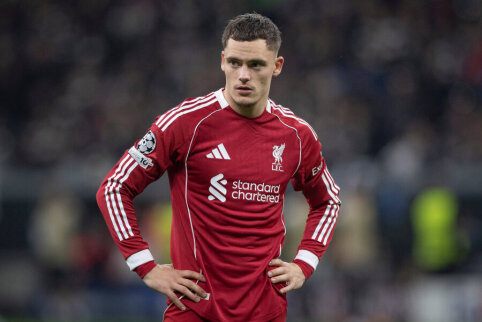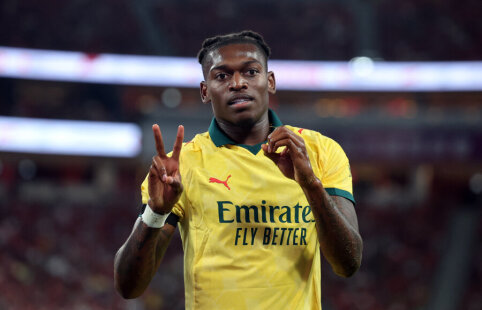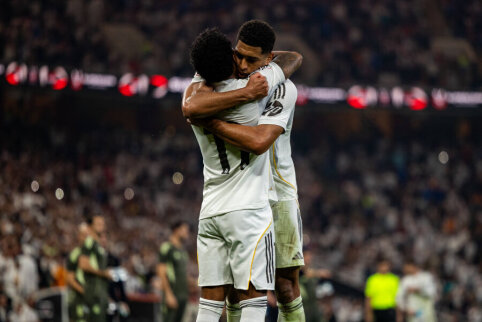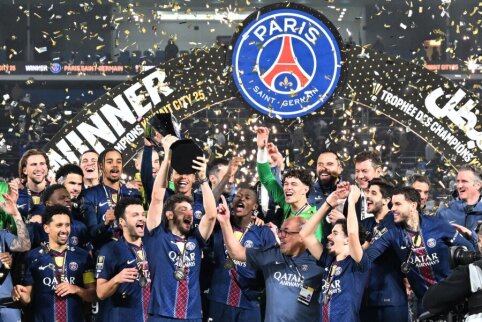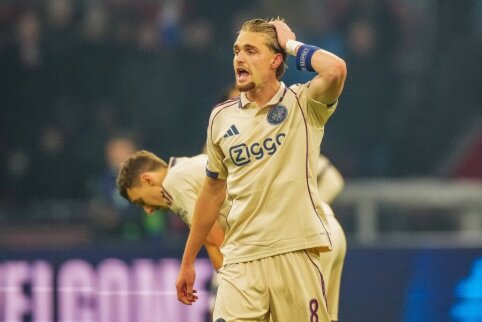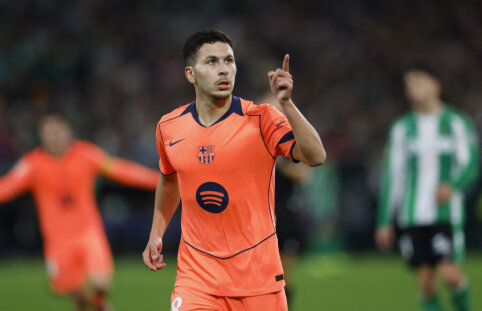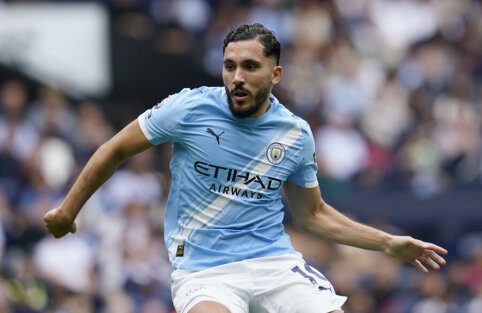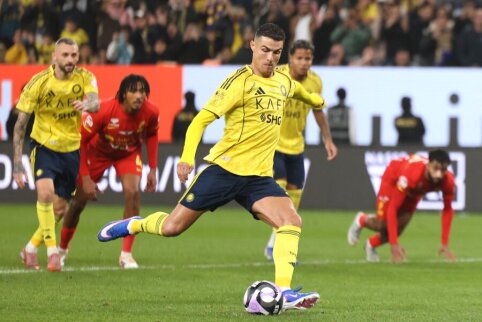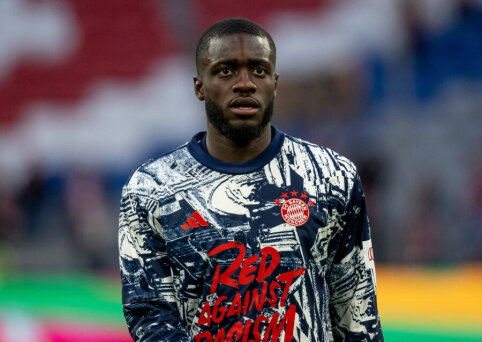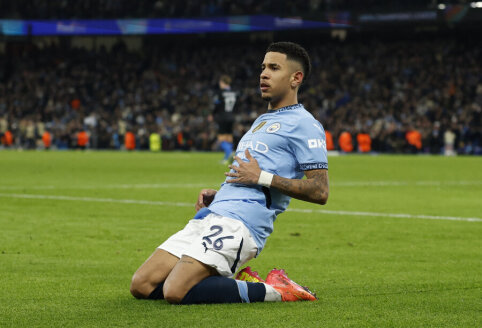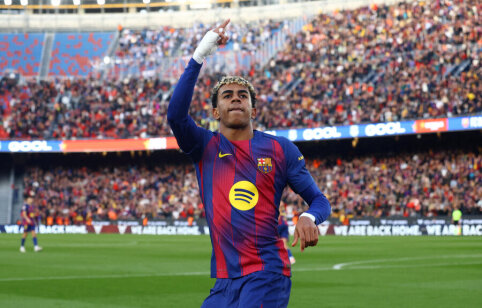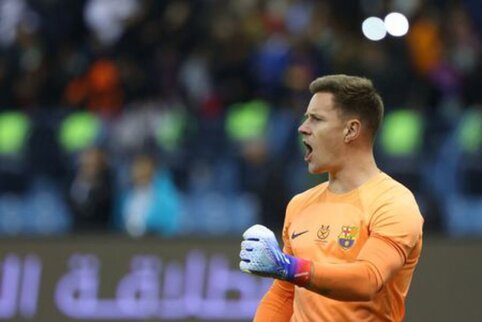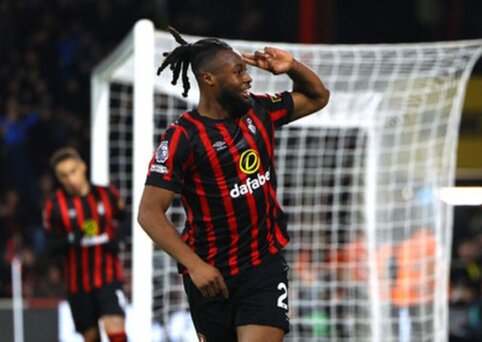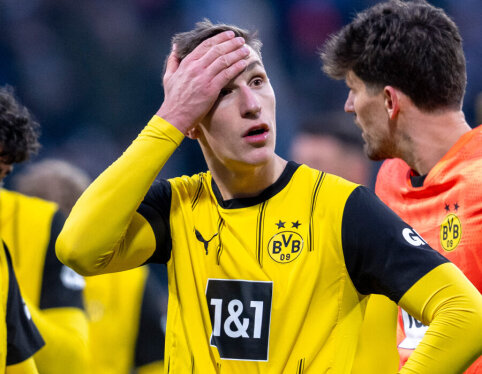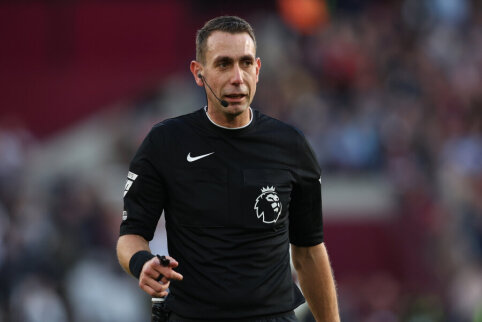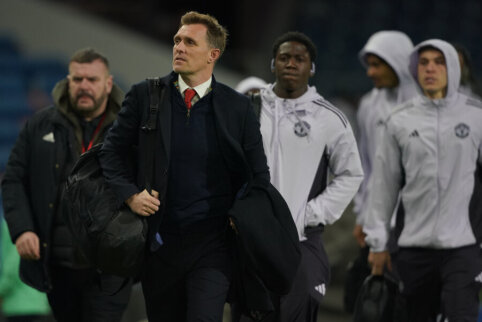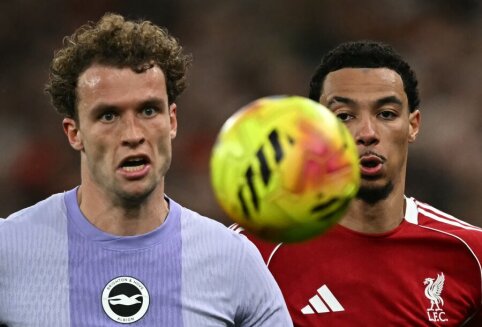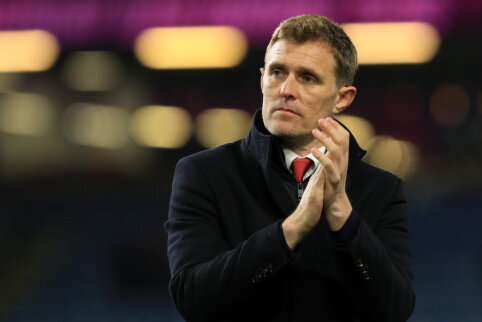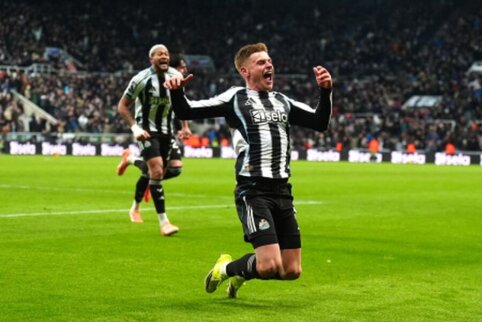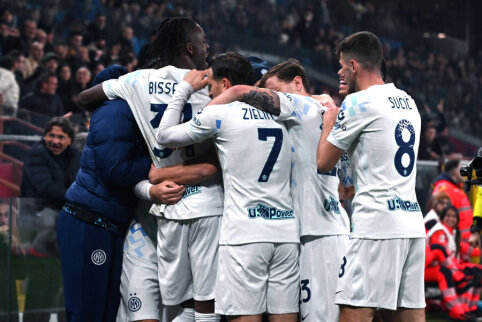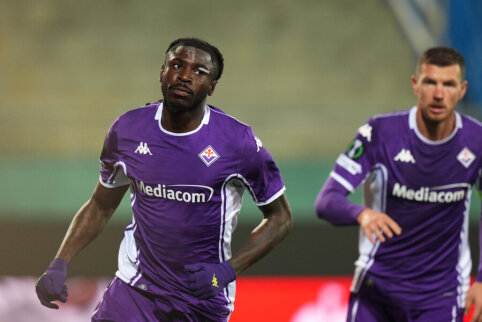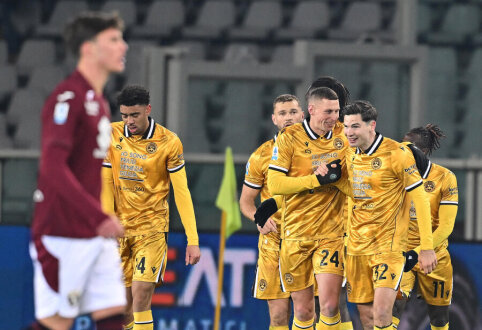 © EuroFootball.com
© EuroFootball.com
Football in Spain is not a matter of life and death. Football is more important. So it's probably not surprising that during the matches of the Spanish championship, called "La Liga," life in the country comes to a standstill. Especially if those matches are derbies.
However, fans around the world do not agree on what should be called a derby. If we say that it is a match between two teams from the same city, then in the most powerful leagues in the world we can find quite a few derbies: Milan derby ("Inter" and "Milan"), Rome derby ("Lazio" and "AS Roma"), London derby ("Arsenal" and "Chelsea"), Madrid derby ("Real" and "Atletico") and so on. Often such meetings end with fierce clashes between fans (like the recent Rome derby) or conflicts with the police. However, if we consider a derby as a fierce duel between two teams, then the clear leader would be the Spanish derby between the two biggest city teams - Madrid's "Real" and "Barcelona."
"Real Madrid" and "Barcelona" fans hate each other like cats and dogs. And always have. It's no wonder that twice a year, during the matches of these clubs, life in the country stops and moves either to the stadium or to the TV screen. It is not just a football match - these matches have political, social, and historical nuances. Why historical/political nuances? Just look at history and it becomes clear - during general Franco's rule in Spain, who loved watching "Real" matches, the Catalan language was banned. So for the symbol of Catalonia - the "Barcelona" team - it was more than just a matter of honor to win in this derby.
Honor, passion, and even fanaticism - that's how you can describe the obvious and hidden rivalry between these two clubs. The emotions stirred up by these two clubs are enough for four football newspapers in Spain - "AS" and "Marca" published in Madrid, and "Sport" and "El Mundo Deportivo" in Barcelona. They write about everything - from rumors about player transfers to when a player wakes up in the morning and what toothpaste he uses. But in July 2000, a war broke out between these newspapers...
That summer, Portuguese Luis Figo took perhaps the boldest step in football history - he moved from "Barcelona" to "Real". Fans were ruthless - comparisons with the biblical betrayal of Judas quickly appeared in the newspapers. But the Judas betrayal seemed trivial to the Catalans compared to this Portuguese's move - to them, it was like a knife in the back. They clearly demonstrated their feelings three months later when Luis Figo returned to play at Barcelona's "Nou Camp" stadium - the materialistic passions were such: three mobile phones, several half-empty bottles, a bicycle chain, and a meteoric shower of coins. It can be confidently said that by signing a contract with "Real", Figo simultaneously signed his death sentence in Catalonia.
The Barcelona fans' attitude towards this did not change even though the Catalan club received a record - 37 million pounds (about 192 million litas) compensation for it. These clubs have always been known for their activity and ambition in the player market - both clubs always buy only the most famous and talented players. Especially in this regard, "Real" is powerful - their president Florentino Perez, after winning the elections, stated that every year a star would be brought to "Real". And he does it successfully: in 2000 - Luis Figo, in 2001 - Zinedine Zidane, in 2002 - Ronaldo, in 2003 - David Beckham. Ronaldo came in 2002, when the royal "Real" club celebrated its centenary, but the "Barca" fans did not sit idly by - during the derby between these two clubs that year, a poster hung in the field: "100 anos de historia, 100 anos de escoria" (literally translated, it means: 100 years of history, 100 years of filth). But "Barcelona" should not be underestimated - in their ranks play such players as Carles Puyol, Javier Saviola, Patrick Kluivert, and last year's addition, the Brazilian Ronaldinho. The latter had a very tempting offer from the English superclub "Manchester United", but chose the Catalan club.
The nucleus of "Barcelona" is formed by Catalans, and that is probably the main reason why until this year the blue-granate team ("Barca" team colors) did not lose at their stadium in this derby for 19 consecutive years. This year's meeting ended in a 1-2 victory for the royal club.
Although Barcelona and Madrid are very modern and cosmopolitan cities, it seems that the history of the matches between these clubs will not be forgotten - this is proven every year by the derby between these teams, which can boldly be called the fiercest in Spain, and perhaps even in the world.
